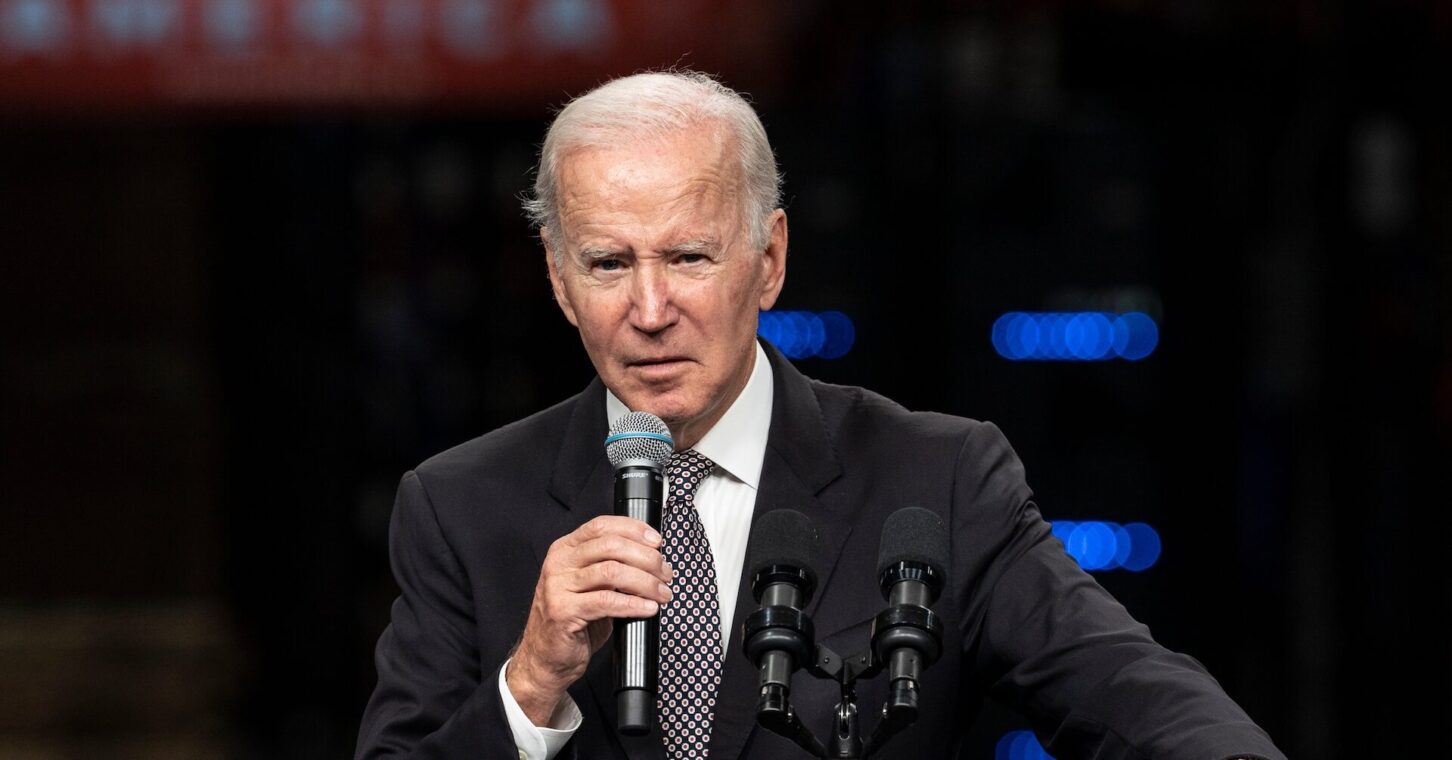
The divergent realities of our state and federal governments were again on full display this past week.
In Washington, Congress passed another short-term appropriations bill to keep the government open until March. It was even considered a victory that the measure passed with a day or two to spare.
In Atlanta, legislators began reviewing budgets for 2024 and 2025 that not only would balance spending against available revenues, but would pay cash for $1.8 billion in new infrastructure rather than issuing bonds as in most years.
What a contrast.
It helps that our state government is constitutionally required to pass a balanced budget each year. No such requirement exists for Congress, which can’t even follow its own procedure to propose and debate a slate of 12 appropriations bills.
The fiscally conservative approach that has long held sway under the Gold Dome is also indispensable while Congress has turned deficit spending into a way of life.
Trillion-dollar deficits are one “new normal” that completely survived the pandemic. No species is more endangered than the deficit hawk, if it isn’t already extinct.
Meanwhile, Georgia has built up nearly $11 billion in extra, “undesignated” surplus, above and beyond the state’s official reserve accounts. It has done this not only while increasing the budget each year but, as Gov. Brian Kemp’s annual budget letter notes, while managing “to return over $5 billion directly to Georgia taxpayers through tax rebates and suspension of the state’s motor fuel tax in addition to enacting the largest income tax reduction in Georgia history.”
And still, a close observer of state finances can easily imagine the state treasury making room for additional surpluses this year and next – even as the revenue gusher that accompanied America’s recent hyper-inflation begins to slow down. That’s because the state continues to live beneath its means.
The new state budget proposals illustrate that living within our means doesn’t amount to a starvation diet. The current budget, which runs through June 30, is getting a boost of $2.7 billion from higher-than-expected revenues and another jolt of $2.3 billion from those extra surplus funds. That includes $1.8 billion for capital projects, primarily to speed up transportation infrastructure projects.
Again, Kemp’s budget letter explains the implications: “This ($1.8 billion) investment will be made without issuing a single additional dollar in general obligation debt, saving taxpayers millions in future debt service costs over the next two decades. It also allocates more than $137 million in debt savings Georgia has realized as a result of its credit strength in recent bond sales, which we will use to pay down existing debt, further reducing the state’s fiscal burden for future generations.”
Imagine if Congress could say the same. Instead, federal taxpayers shelled out $659 billion in fiscal 2023 just for interest payments on the national debt. On the current trajectory, that number will reach $1.4 trillion within 10 years, according to projections by the Congressional Budget Office.
By 2053, CBO says, interest payments on the debt would hit a bewildering $5.4 trillion. That’s more than all revenues received by the federal government this year. It’s also more than Washington ever spent in a single year before 2020, even adjusting for inflation.
Of course, there are states that act as if D.C., not Georgia, is the one to emulate. California has not only stopped running a surplus, but is dipping into reserves to pay for its bloated budget. That’s spending money meant for a rainy day, even though the sun is still shining. The burden placed on taxpayers is one reason Californians are fleeing to Georgia and other better-managed states.
That only reinforces the migration trends within the United States, which in turn boosts the economies of Georgia and other well-run states, at the expense of spendthrift states.
How all this ends is anyone’s guess. Just be grateful to live in a state that makes things easier, not harder, on its people.